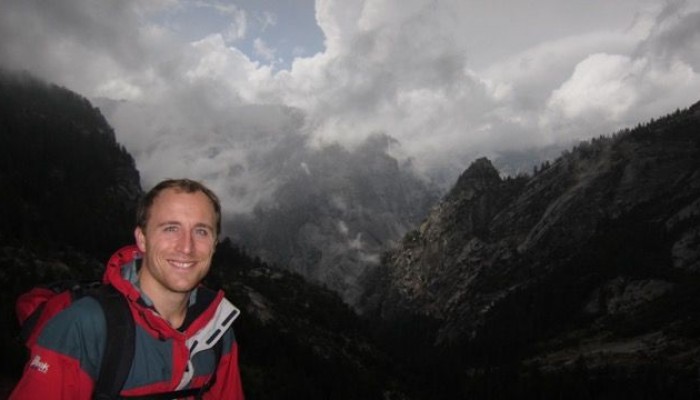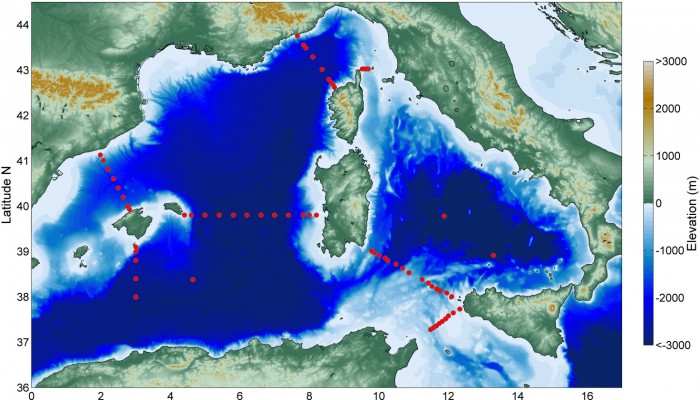This week we feature the second instalment in this series, which follows the adventures of Simona Aracri, a PhD student at University of Southampton, and her colleagues. as they spent a month aboard a research vessel, cruising the Mediterranean Sea. Simona and the team of scientists aboard the boat documented their experiences via a blog. This time we discover that chemists are always kept busy on ...[Read More]
Cruising the Mediterranean: a first-hand account of a month at sea – Part 1
Simona Aracri, a PhD student at University of Southampton, spent a month aboard the research vessel, R/V Minerva Uno, cruising the Mediterranean Sea. Simona and the team of scientists aboard the boat documented their experiences via blog. Over the coming weeks we’ll feature a few of the posts the team shared over the one month voyage: you can expect to find out what life aboard a large research ve ...[Read More]
Life after geoscience
After spending 13 years (give or take) at school you are faced with a tough decision: what to study at University (if anything at all, the academic path may well not be for you)? You sift through a bunch of university prospectuses and try to plan your future. Of course, lots of things can change, prior to, during and after you finish your studies. Nevertheless, there is no harm in starting to plan ...[Read More]
GeoTalk: Talking about ‘ocean burps’ with James Rae

Trying to understand the reasons behind the global warming of our climate is a never ending quest for scientists across the geosciences. Scientists often rely on deciphering past change to help us understand, and perhaps predict, what might happen in the future. Many will be familiar with the common saying ‘the past is the key to the future’. This is exactly what James Rae, a research fellow at th ...[Read More]


